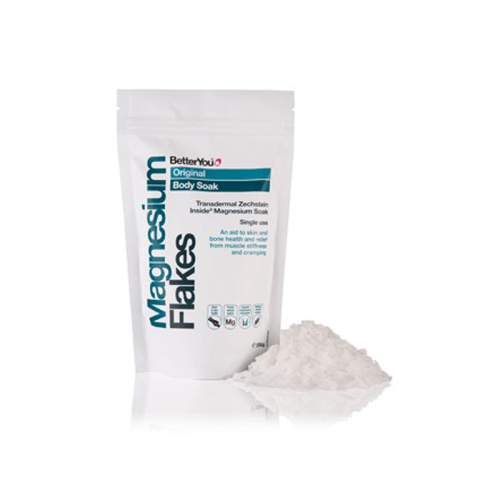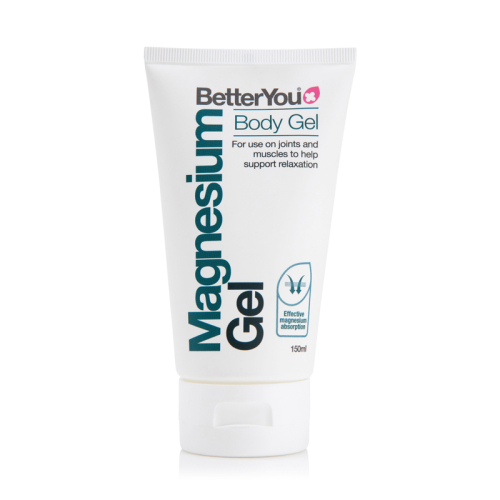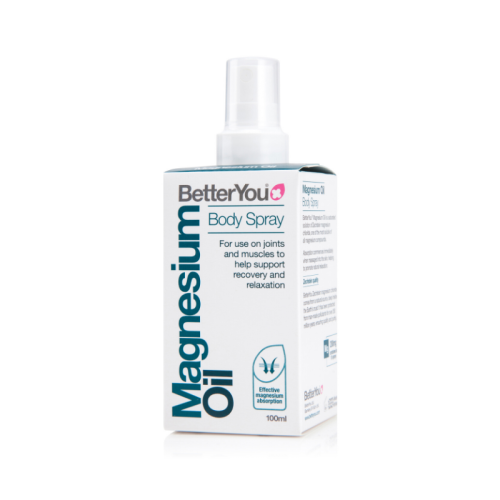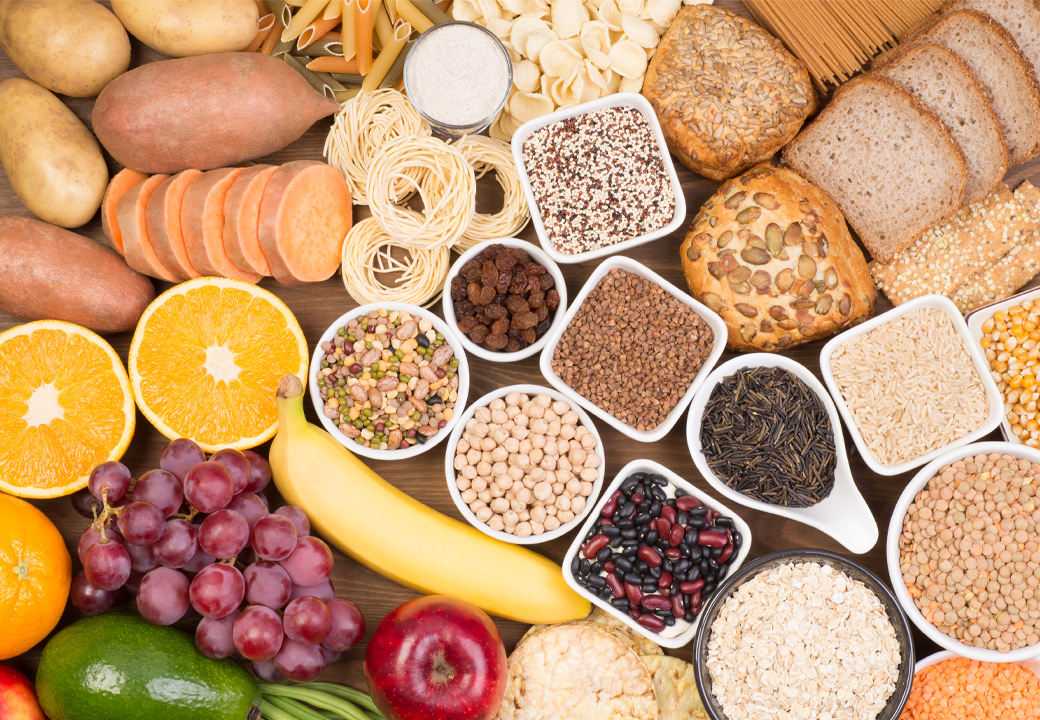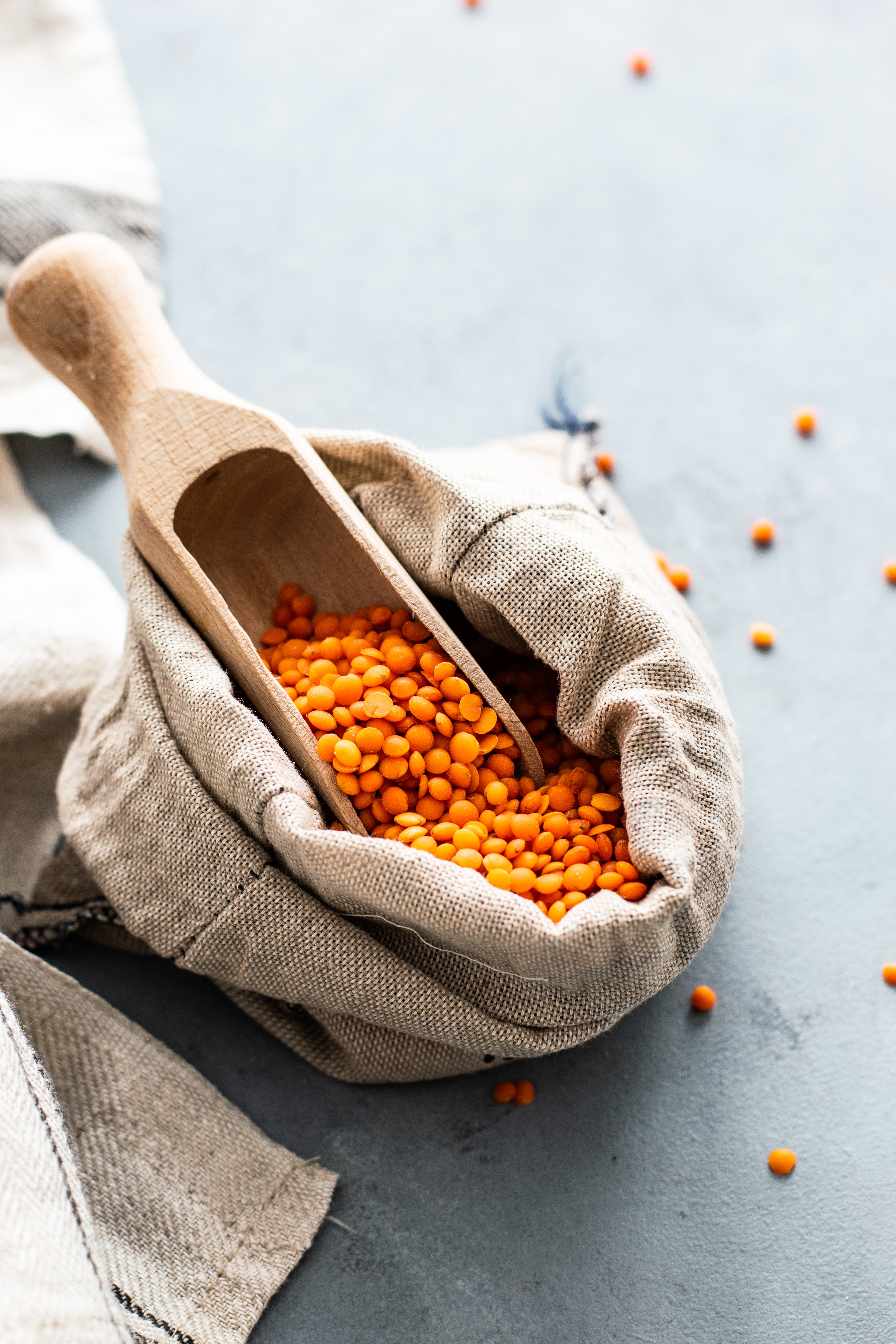
(Photo by Photo by Monika Grabkowska)
How to add calcium and vitamins to support bone health
Balancing diet and exercise are vital to ensure strong, healthy bones into later life, especially for women who can suffer bone loss due to the menopause.
The Royal Osteoporosis Society has estimated that three million people in the UK are affected by the condition meaning that someone living with osteoporosis is more likely to fracture a bone after a fall or bump. According to public health experts, the basis for healthy bones starts with a balanced diet rich in calcium and vitamin D.
Poor bone health and fractures are not inevitable. Here are the steps you can take to support your bone health:
Calcium
This essential mineral reabsorbs old bone and creates new bone while helping nerves carry messages from the brain to every part of your body.
About 99% of calcium is stored in your bones and teeth to keep them hard and support their structure. But it also helps our blood to clot, muscles to contract and the heart to beat. As well as dairy products and leafy green vegetables there are other foods that can supercharge your calcium intake. The humble almond ranks as one of the foods richest in calcium. Just 22 nuts will deliver 8% of your recommended daily intake.
Meanwhile tofu made with calcium will give you 86% of your daily amount in just half a cup. Sesame seeds, tahini and soya can also help you tip the balance in your favour.
Vitamin D
Getting vitamin D from our diets is difficult as it mostly comes from the action of the sun on our skin.
It helps our bodies absorb essential calcium and we need 10 micrograms (400 International Units or IU) of vitamin D every day. From late March/April to the end of September, we easily make vitamin D while we are outside in the fresh air. However, the NHS recommends everyone should consider taking a daily vitamin D supplement during the autumn and winter when we cannot make enough from sunlight alone.
Menopause
Women lose bone density rapidly for a number of years following the menopause. The reduction in oestrogen, which has a protective effect on bones, is the main cause. There are no specific calcium or vitamin D recommendations for this, however a healthy, balanced diet, including calcium, summer sunlight and vitamin D supplements, has been shown to help slow the rate of bone loss.
Magnesium
Around two thirds of all the magnesium in the human body will be found in our bones.
It is essential for the overall bone health and for energy production. Magnesium helps gives our bones their physical structure, what is left over after this process is stored on the surface of the bone where it remains until it is drawn elsewhere in the body as it is needed. The adult body has 25g of magnesium which also plays an active role in transporting calcium. Nuts, seeds, and tofu are all high in magnesium.
What’s Inside
CALCIUM MAGNESIUM
Almonds 273mg 258mg
Sunflower Seeds 78mg 358mg
Tofu 683mg 58mg
Cashews 37mg 292mg
Source: usda.gov
Considering a plant based diet?
Ensuring a healthy dairy replacement is an essential part of a vegan approach to nutrition. It is worth noting that fortified plant milk can deliver the same calicum requirement as cow's milk, while soya yogurt and calcium-set tofu are plant-base alternatives to boost your daily reommended amounts. As well as ensuring a diet rich in healthy greens rich in Vitamin K, lentils, peas, cashew nuts, pumpkin seeds, peanut butter, tahini and soya beans can bolster your daily intakes.
What the NHS says:
“According to the NHS adults needs 10micrograms of Vitamin D per day. It’s important to take vitamin D as you may have been indoors more than usual this year. There is currently not enough evidence to support taking vitamin D to prevent or treat COVID-19”.
Please see www.nhs.co.uk for expert health advice or contact your GP if you have concerns.
